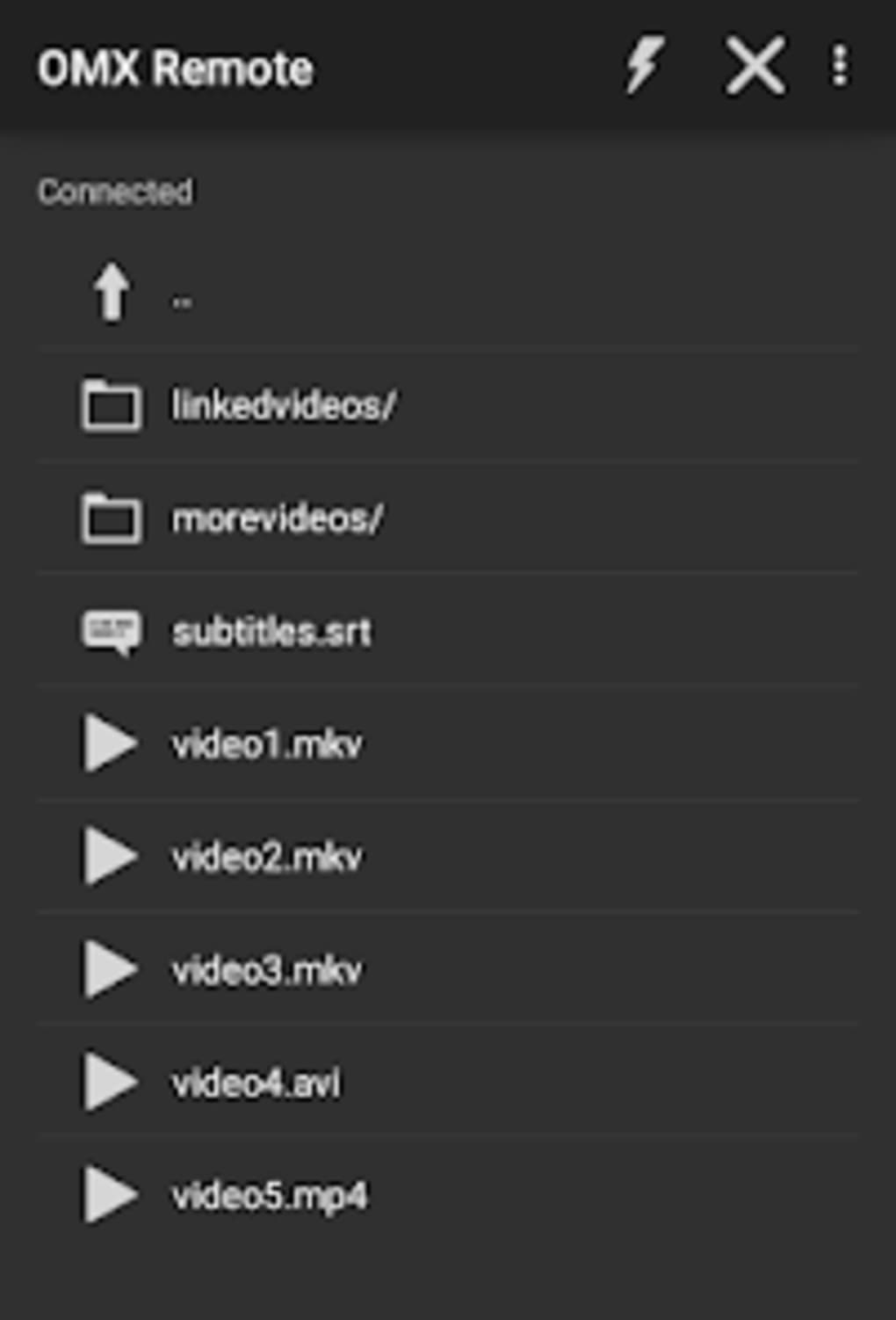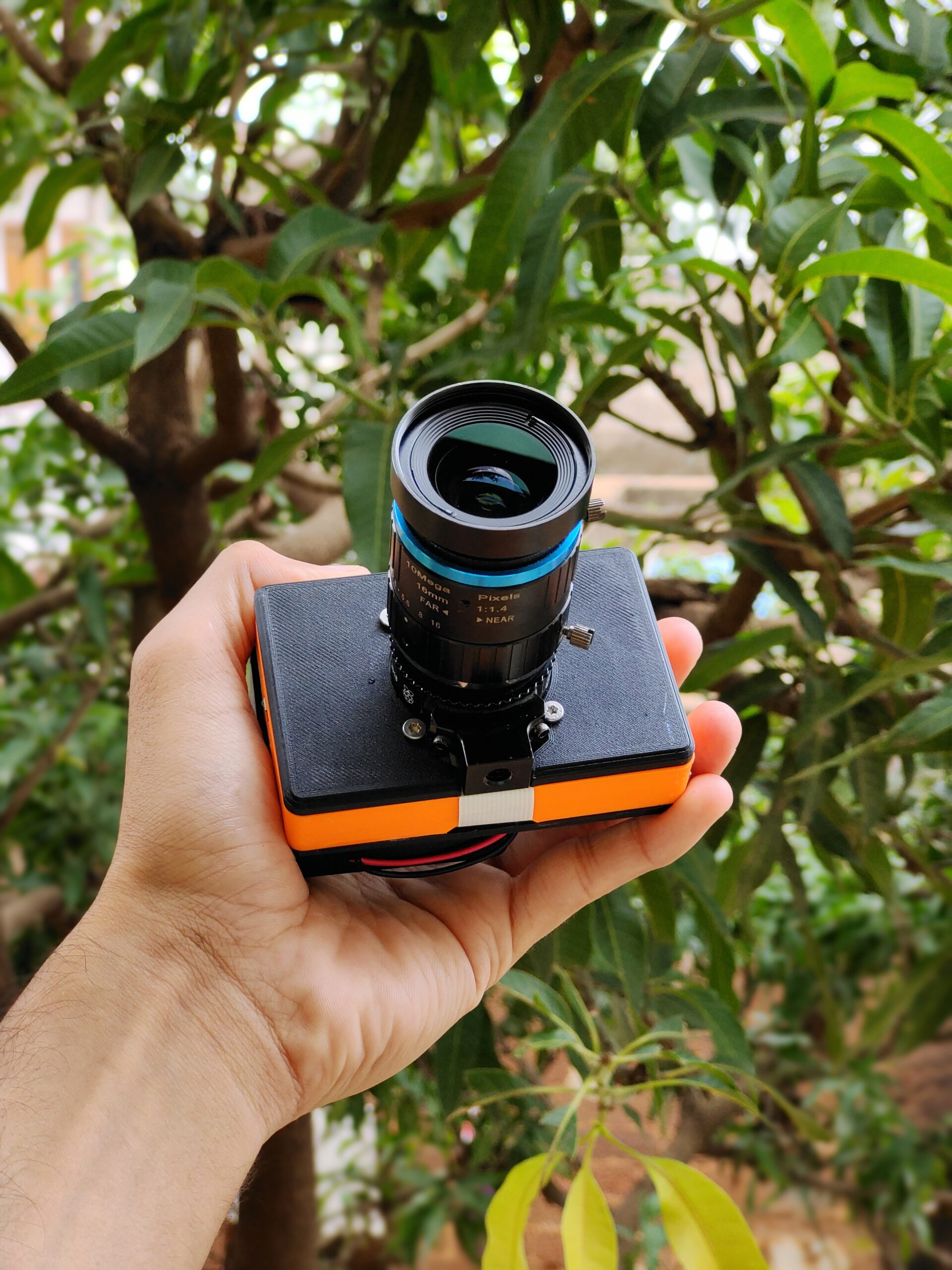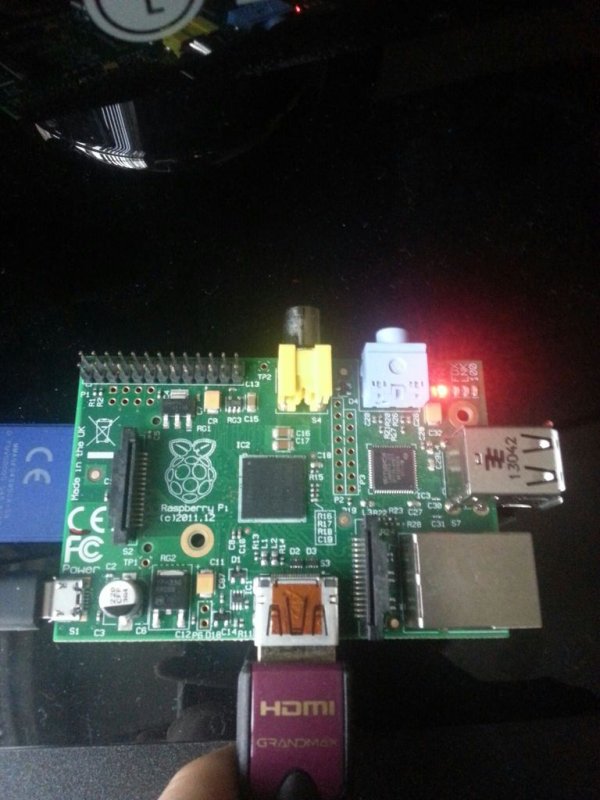Is your Raspberry Pi project limited by location? A bold statement reveals that free remote IoT platforms are revolutionizing the way users interact with their devices. These platforms offer secure SSH connections, enabling seamless access to Raspberry Pi devices from anywhere in the world without complex configurations or costly services.
The growing demand for remote access solutions has led to significant advancements in IoT technology. Users can now bypass traditional barriers such as firewalls and NAT routers through these platforms. This capability allows direct VNC or SSH connections to Raspberry Pi devices, maintaining security while enhancing accessibility. The integration of smart health monitoring systems further demonstrates the versatility of these platforms, which combine hardware components like camera modules, RFID readers, servo motors, and more into cohesive solutions for various applications.
| Personal Information | Details |
|---|---|
| Name | Raspberry Pi Foundation |
| Established | 2009 |
| Location | Cambridge, United Kingdom |
| Website | Official Website |
| Career Focus | Developing affordable computing education tools |
| Professional Achievements | Pioneering single-board computer technology; advancing STEM education globally |
As organizations increasingly adopt IoT technologies, managing devices remotely becomes essential. Free remote IoT platforms provide comprehensive management capabilities, allowing users to monitor and control their projects effectively. These platforms cater specifically to Raspberry Pi users, addressing unique requirements associated with its architecture and functionality. By eliminating the need for extensive configuration changes, they simplify the process of establishing secure connections between devices.
Consider a scenario where a user wants to implement heart rate monitoring during pregnancy using IoT devices. Such implementations require reliable data transmission methods capable of functioning across different platforms seamlessly. Customized mobile apps installed on compatible devices facilitate this communication while ensuring privacy and accuracy. The ability to operate within free-life settings makes these solutions particularly appealing for both personal and professional use cases.
When evaluating options for remote IoT device management, several factors come into play. Security remains paramount, especially when dealing with sensitive information transmitted over networks. Platforms offering encryption protocols and authentication mechanisms contribute significantly toward safeguarding against unauthorized access attempts. Additionally, compatibility with existing infrastructure ensures smooth integration without necessitating major upgrades or replacements.
User experience plays a crucial role in determining the effectiveness of any platform. Intuitive interfaces combined with robust feature sets enhance usability, empowering individuals regardless of technical expertise levels. For instance, some platforms incorporate drag-and-drop functionalities simplifying deployment processes considerably. Others prioritize scalability, accommodating growth as new devices join the network over time.
Smart health monitoring systems exemplify practical applications enabled by modern IoT platforms. Organizations leveraging these systems benefit from enhanced operational efficiency alongside improved patient care outcomes. Devices equipped with sensors continuously collect vital signs data which is then analyzed using advanced algorithms to detect anomalies early on. Alerts generated based on predefined thresholds notify relevant personnel promptly ensuring timely interventions when necessary.
Furthermore, educational institutions utilize Raspberry Pi-based setups to teach programming concepts and electronics fundamentals. Students gain hands-on experience building projects ranging from basic LED controllers to sophisticated autonomous robots. Availability of numerous tutorials along with supportive communities fosters collaborative learning environments encouraging innovation among participants.
Free downloads available through authorized channels introduce beginners to the world of IoT effortlessly. Comprehensive guides accompanying these resources walk users step-by-step through setup procedures guaranteeing successful installations every time. As confidence grows, learners explore additional features unlocking full potential offered by their chosen platforms.
In conclusion, embracing free remote IoT platforms represents a strategic decision aligning technological advancement with practical utility. Whether utilized for personal hobbies or enterprise-level operations, these tools empower users worldwide creating endless possibilities across diverse fields. Continued development promises even greater capabilities shaping future interactions between humans and machines alike.
| Platform Features | Description |
|---|---|
| Secure Connections | Utilizes SSH protocol for encrypted communications |
| Firewall Compatibility | Works behind firewalls and NAT routers without modifications |
| Device Management | Supports multiple IoT device types including Raspberry Pi |
| Health Monitoring | Enables real-time tracking of vital statistics via integrated sensors |
| Educational Tools | Provides resources for teaching coding and electronics principles |
| Scalability | Adapts to growing networks maintaining performance standards |




